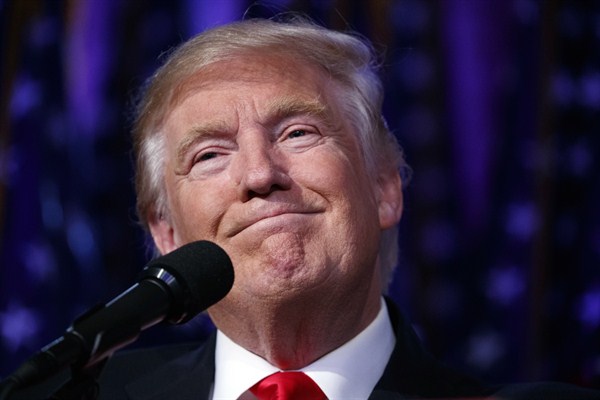Donald Trump’s surprise presidential election victory was a result, in part, of his success tapping into growing populist sentiment across much of the United States. That follows a global trend that has seen populist leaders come to power in Latin America, Europe and Asia.
For all the attention on populism, though, what is it? Jan-Werner Müller explained it this way in a December 2014 article for WPR on the threat populism poses to liberal democracy:
Contrary to conventional wisdom, populism is not simply a matter of irresponsible policies or appeals to the downtrodden. Populism is an anti-elitist but, crucially, also an anti-pluralist form of politics. And despite the optimistic notions of many liberals, populist parties are not just protest parties that always prove incapable of governing.
Müller cited Hungary, Turkey and, to some degree, Russia as three countries where populists had consolidated power in government.
Keep reading for free
Already a subscriber? Log in here .
Get instant access to the rest of this article by creating a free account below. You'll also get access to two articles of your choice each month and our free newsletter:
Subscribe for an All-Access subscription to World Politics Review
- Immediate and instant access to the full searchable library of tens of thousands of articles.
- Daily articles with original analysis, written by leading topic experts, delivered to you every weekday.
- The Daily Review email, with our take on the day’s most important news, the latest WPR analysis, what’s on our radar, and more.

